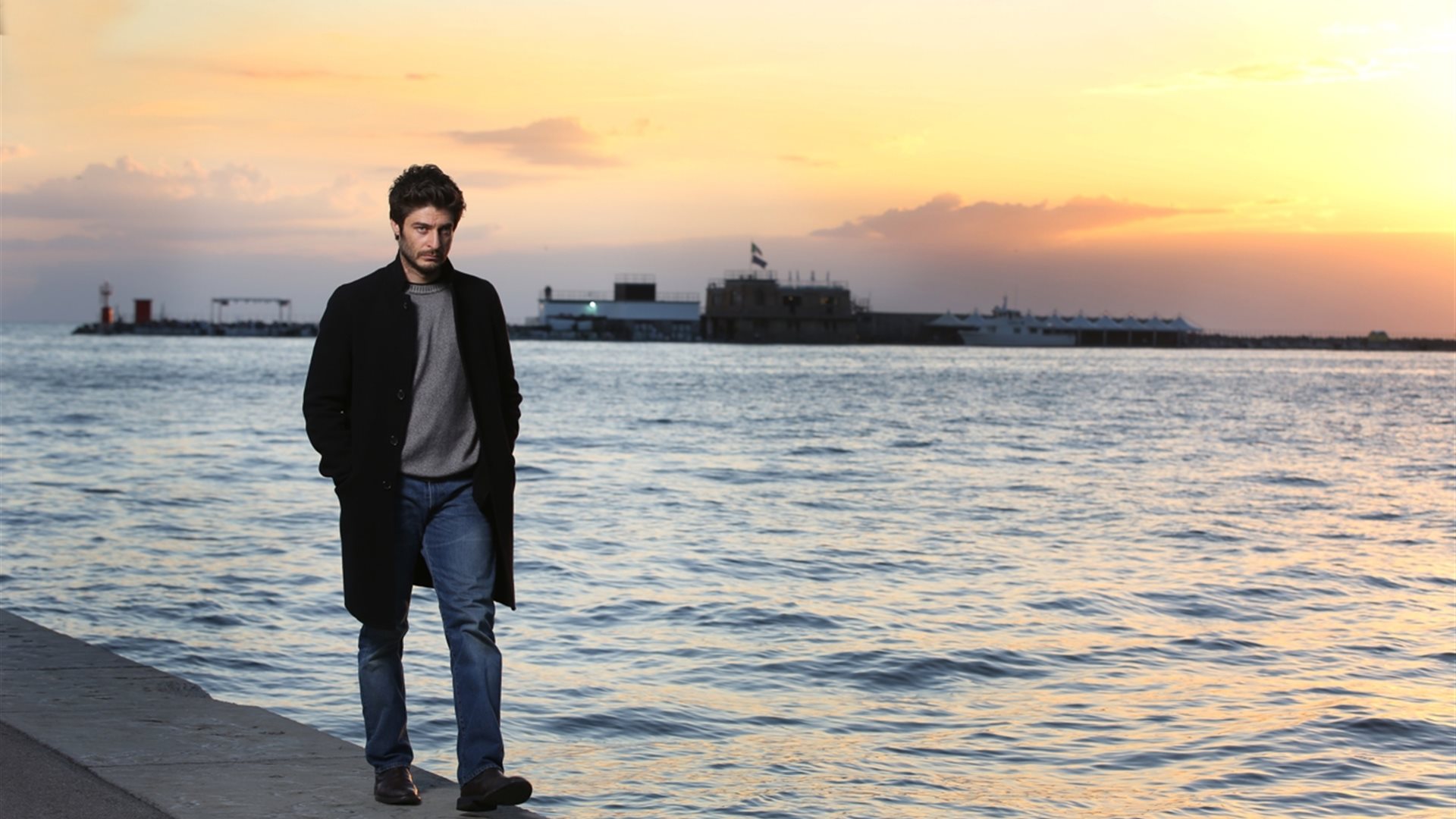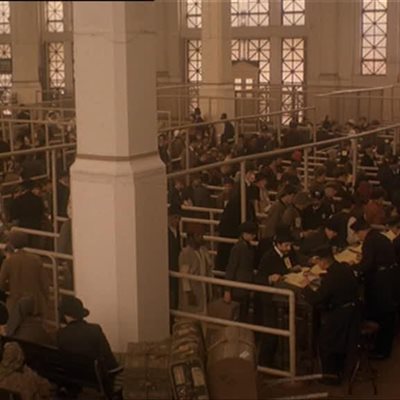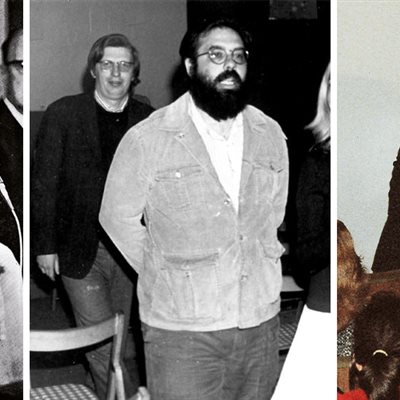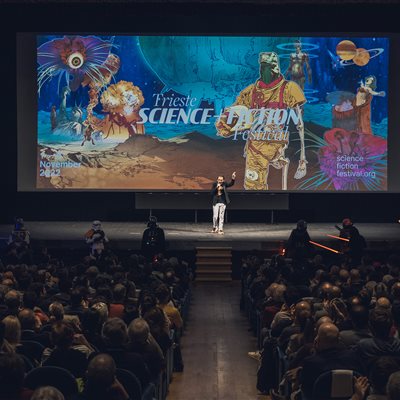


La tradizione cinefila triestina e del territorio regionale si basa anche su altri fattori. In primis la formazione universitaria.
La tradizione cinefila triestina e del territorio regionale si basa anche su altri fattori.
In primis la formazione universitaria. Proprio qui è stato inaugurato il corso universitario di Storia del cinema più antico d'Italia, avviato con lungimiranza da Tino Ranieri e consolidato successivamente da Lino Miccichè, a partire dal 1973. Dal 1976 l'insegnamento passò a Alberto Farassino, storica firma di Repubblica, critico e docente timido e illuminato, cinefilo militante, che in oltre vent'anni di insegnamento, ha formato un'intera generazione di studenti di cui ho avuto l'onore di far parte.
Negli anni della mia formazione universitaria, gli anni '90, il Dipartimento di Discipline dello Spettacolo della Facoltà di Lettere era in espansione. Alla cattedra in Storia del Cinema si è aggiunta quella in Filmologia, la materia in cui mi sono laureata sotto la guida di Roberto Nepoti, e in anni successivi anche Storia e Critica del cinema, con i corsi tenuti da Francesco Casetti.
Oggi, molti di quegli ex studenti ormai più che quarantenni, si occupano di cinema in città e in regione: qualcuno insegna, qualcuno lavora per i festival, altri organizzano e promuovono attività culturali.
Personalmente mi occupo di critica, scrivo per il quotidiano Il Piccolo e per altre testate on-line. Del cinema mi piace ancora e soprattutto la scoperta e la condivisione. E la voglia di nuovo non si è ancora esaurita a Trieste.
Nel 2013, in pieno centro cittadino, ha aperto una nuova sala cinematografica dedicata al cinema indipendente. Tutto quel cinema "invisibile" che fatica a trovare un adeguato spazio di visione: opere prime, documentari e altri "oggetti misteriosi" della settima arte in linea con lo spirito pionieristico di scoperta e avanguardia che ha da sempre caratterizzato la città.
Insomma, non sarà Roma e neppure Milano. Non avremo le anteprime, ma qua si gira a piedi e d'estate si va al mare. E si respira aria di cinema tutto l'anno.
Beatrice Fiorentino




risorsa